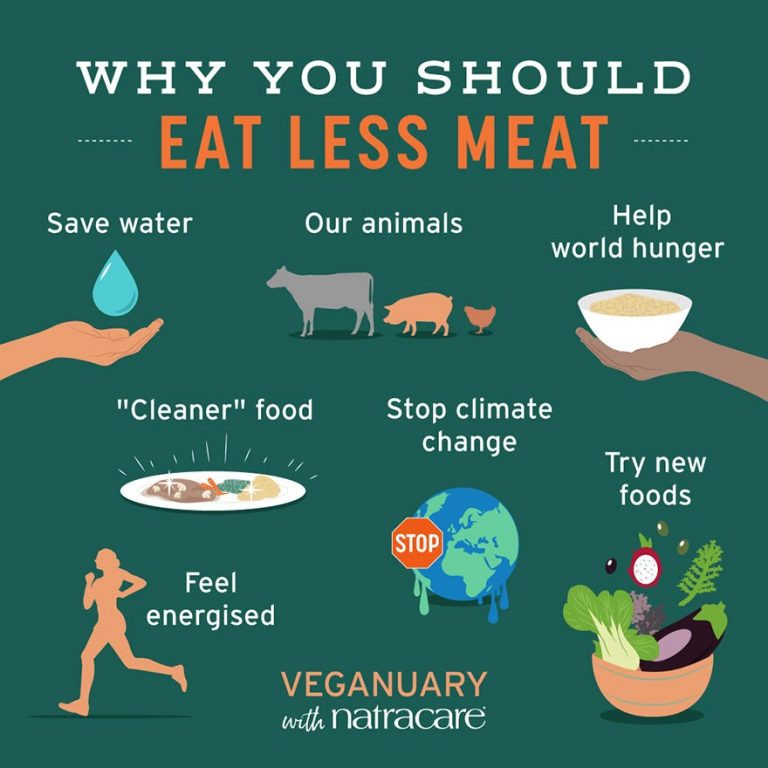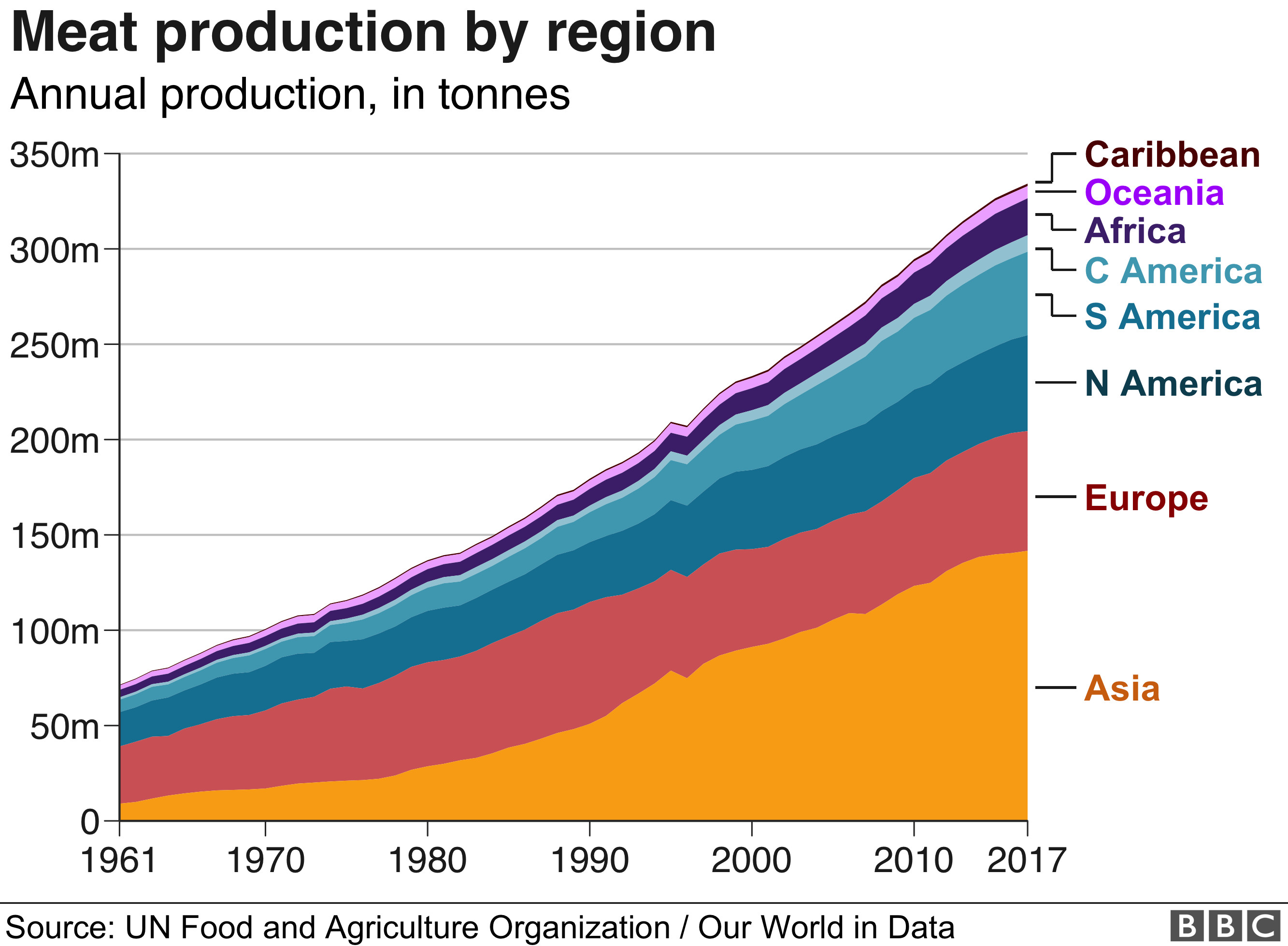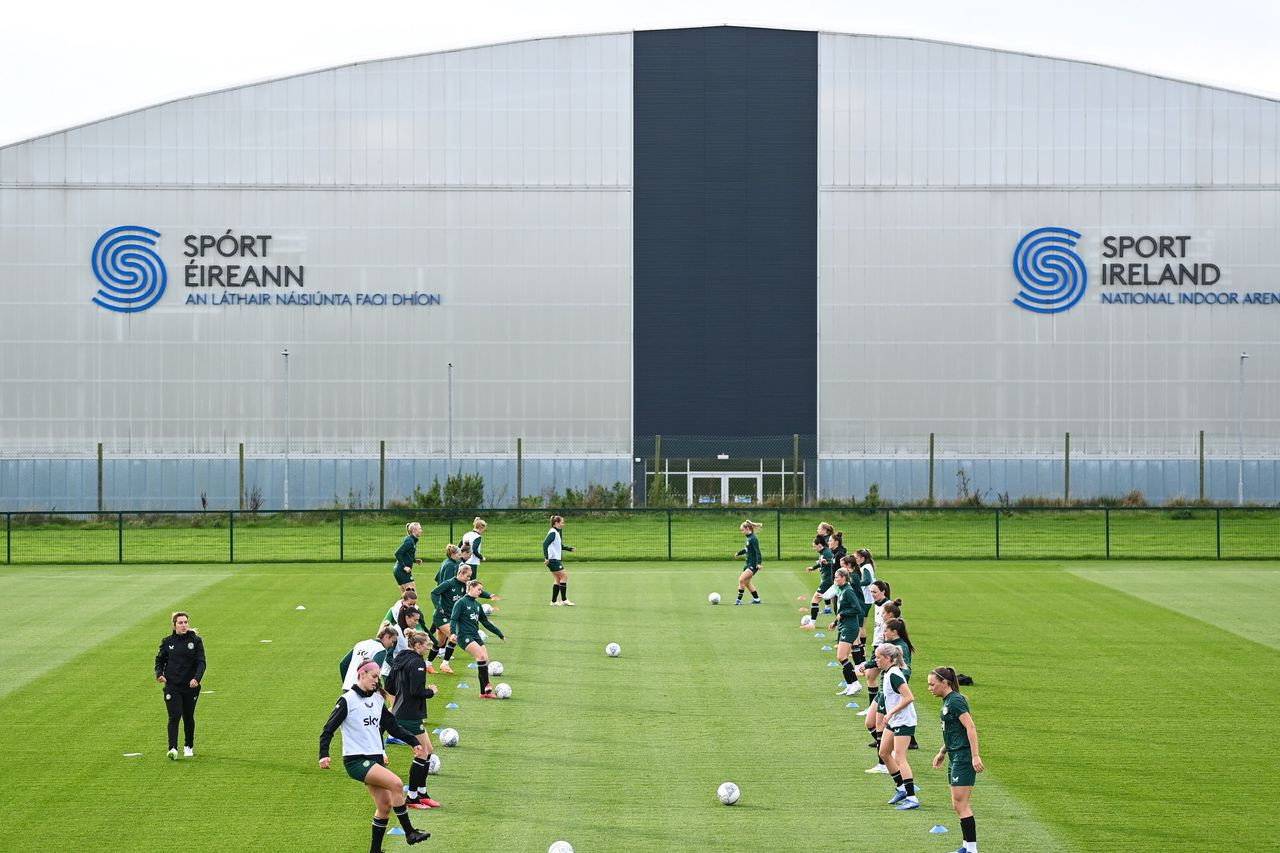Seven months of intense debate behind closed doors appears to have produced what election campaign tubthumping and rowdy street protests failed to deliver: the outline of a way forward for Europe's unsustainable food production model. Green groups have hailed the outcome of grueling talks over the future of agriculture in the EU as broad acceptance, even from the industrial farming lobby, of the need for a fundamental transformation of food production in Europe after six decades of the Common Agricultural Policy.
A 110-page report published Wednesday – the result of seven months of a ‘strategic dialogue’ between NGOs, farmers’ unions and lobbyists for the industrial and organic agriculture sectors launched in the wake of protests across Europe last year – was endorsed unanimously. “This agreement is not just a milestone, but hopefully a game-changer,” said Ariel Brunner, director of BirdLife Europe, one of the environmental groups that took part in the talks. After months of intense negotiations, we’ve finally reached a turning point where, despite the differing interests and politics, there’s a collective recognition that the status quo simply isn’t an option.”
Briefing journalists as the report was published, Brunner said the agreement should signal a return to “normal politics” after sometimes violent protests that forced European Commission president Ursula von der Leyen to backtrack on aspects of the Green Deal, withdrawing a proposal to halve pesticide use and easing environmental controls. “Ultimately, the problems of the farmers will not be solved by telling them that reality will go away, or by whipping that hatred against environmentalists,” Brunner said.
Presenting the report in Brussels, von der Leyen said it would feed into a “road map” – officially a ‘Vision for Agriculture and Food’ – that would be published in the first hundred days of her second five-year mandate, set to begin in November.
Greenpeace, another group that took part in the dialogue process, highlighted several positive aspects of a report it said reflected a “fundamental rethink” of Europe’s approach to food production. One was a call to better target Common Agricultural Policy (CAP) funding, which at €378bn representing nearly a third of the EU budget for the period 2021-7 – payments to farmers should be based on genuine need, not area farmed. Moreover, the portion of direct payments linked to environmental measures should see a “substantial annual increase” from the current 32%, the report stated. “It’s clear that subsidising rich landowners and choking the countryside with the excrement of millions of suffering pigs and cows isn’t helping the majority of farmers,” said Marco Contiero, agricultural policy director at Greenpeace EU. “The EU must stop bankrolling mega-farms that pollute our rivers and drive droughts and floods, and instead help those farmers who are struggling, but making an effort to restore nature and provide for healthier diets,” Contiero said.
The environmentalist praised the dialogue process, which involved dozens of working group meetings and seven full plenary sessions, the last of which was an intense round-the-clock effort last week to achieve consensus on the text of the final report. Unlike the often divisive public discourse, unsubstantiated claims could be immediately “put under scrutiny”, leading to an outcome that was “serious, robust, and based on evidence”, Contiero said.
To the relief of many conservationists, the process which was born out of a backlash against EU environmental rules, did not result in renewed calls to roll back key nature protection legislation. In fact, it concluded that governments should fully implement the EU Birds and Habitats Directives, the Water Framework and Nitrates Directives (the latter behind rolling protests in the intensively farmed Netherlands) – and the recently adopted Nature Restoration Law, which the centre-right European People’s Party tried hard to block in the European Parliament.
In some ways, The report breaks what amounted almost to taboos in EU and national policy making, in particular noting that meat consumption needs to fall, with citizens deriving more of their protein from plants. But it remains a compromise. The European Environmental Bureau noted it only contains “timid” language on moving away from industrial farming. Nevertheless, for the NGO umbrella group’s nature, health and environment director Faustine Bas-Defossez, it marked a “pivotal moment” in EU farming policy. “This starts with an unequivocal call to overhaul the EU’s archaic farm subsidies policy to focus precious public funds on rewarding nature- and climate-friendly farming outcomes and redirecting funds to support the farmers in genuine need, which would end decades of wasteful, unfair subsidies that benefitted the largest farms at the expense of everyone else and the environment,” Bas-Defossez said.
Whether or not the consensus achieved in producing the report signals a true tectonic shift in the dynamics of agricultural policy-making in Brussels remains to be seen, with the key test being the ‘vision’ paper expected early next year. The traditional opponent of the green camp – the powerful farming lobby groups Copa and Cogeca – commended the “deliberative approach” to producing the report, one that involved all stakeholders. They welcomed in particular the recommendations for a ‘temporary Just Transition Fund’ and ‘a well-resourced nature restoration fund’ outside the scope of CAP funding to support farmers in the transition. In other ways, the industrial farming lobby was cautious. “Many stakeholders will share their views on this report in the coming days and weeks, and the Commission must listen to them,” Copa President Christiane Lambert said.
What the EU’s Landmark Report on the Future of Farming Says
Subsidies
The report opens the can of worms that is the €300 billion-plus EU farm subsidy budget, and concludes it should stop rewarding the largest farms and instead support those on lower incomes. The current area-based scheme has been under fire for a long time, but significant change has proven slow and difficult. However, farm lobbies and other members have now agreed for the first time that income support should target small- and medium-sized farmers — the majority in the EU — “who need it most.”
Meat Consumption
The next two elephants in the room were sustainable diets and meat consumption. The experts agreed that it was crucial to support ongoing reductions in the consumption of animal-based proteins — e.g. meat and dairy — in favor of plant-based alternatives. They also called for a review of EU food labeling legislation and urged that food marketing to children be addressed, while advocating tax reductions and other social and fiscal incentives. “The sustainable choice needs to become the choice by default,” the report said. At the end of the previous mandate the Commission was set to publish a sustainable food systems framework to shift consumption patterns in that direction, but the initiative was shelved amid a tense debate.
Climate Change
The agricultural sector is responsible for over 10 percent of the EU’s total greenhouse gas (GHG) emissions — mostly from livestock. Yet although the EU has committed to reduce GHG emissions by at least 55 percent through 2030, no targets have been set for agriculture. According to the report, “the diversity and complexity of agricultural systems ... call for tailored solutions.” It asked the EU executive to set customized emissions reduction goals for different types of agriculture.
Animal Welfare
Participants also rallied behind some of the most controversial EU environmental bills, such as a law to rehabilitate degraded ecosystems — although advocating “the establishment of a well-resourced nature restoration fund” outside the farm budget. The report drew particular attention to the EU’s outdated animal welfare rules, urging the passage of a revision that should have been presented by the EU executive last year, such as a ban on the use of farm cages. The document said the ban must be accompanied by “a species-specific and appropriate transition period.”
Moving Forward
The report’s recommendations are not set in stone. Von der Leyen has committed to include the results of the stakeholder dialogue in a Vision for Agriculture and Food, to be put together during her first 100 days. Within the EU executive, however, some recommendations from the dialogue are expected to fare better than others, according to a senior EU official. In addition, it’s not clear whether the broader food and agriculture sector will back the results, given that the report’s conclusions touched on issues that politically powerful farming groups have opposed, while its language on issues strongly backed by green NGOs was at times timid. One thing is clear, however: The forum participants will sit together again soon, having proposed the formation of a new consultative body — the European Board for Agri Food (EBAF). Von der Leyen likes the idea. So watch this space.


















